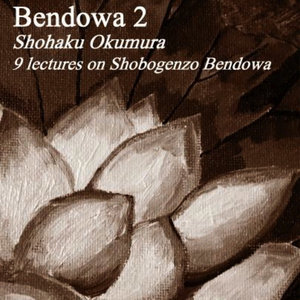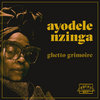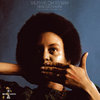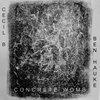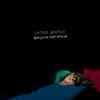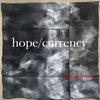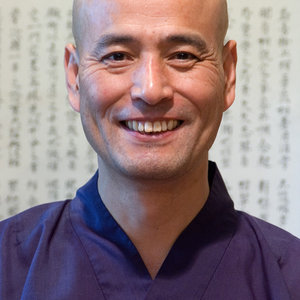Bendowa 2 by Shohaku Okumura
Tracklist
Credits
released December 6, 2012
Shohaku Okumura is a Zen Buddhist priest who is recognized internationally as a leading authority on the teachings of the great Japanese Zen master Eihei Dogen. He travels widely offering retreats and lecturing on Dogen Zenji’s teachings. Okumura Roshi has translated many Buddhist teachings from Japanese, and his writings have appeared in various Buddhist periodicals. He is also the founder of Sanshin Zen Community, an international Buddhist Sangha headquartered in Bloomington, Indiana.
While he was a student at Komazawa University in Tokyo, Okumura Roshi was ordained by Kosho Uchyama Roshi in 1970 at Antaiji in Kyoto, Japan. In 1975 he traveled to the United States where he became a founding member of Pioneer Valley Zendo in Charlemont, Massachusetts. In 1981 he returned to Japan where he began his ongoing translation of the works of Dogen Zenji and Uchiyama Roshi, and he eventually served as teacher at the Kyoto Soto Zen Center. After returning to the United States with his wife and two children in 1993, he practiced as the head teacher of Minnesota Zen Center until 1996. After leaving MZMC, he founded Sanshin Zen Community in the same year. He worked for the Soto Zen Buddhism International Center (formerly the Soto Zen Education Center) as the director from 1997 to 2010. Okumura Roshi and his family now reside in Bloomington, Indiana.
Shohaku Okumura is a Zen Buddhist priest who is recognized internationally as a leading authority on the teachings of the great Japanese Zen master Eihei Dogen. He travels widely offering retreats and lecturing on Dogen Zenji’s teachings. Okumura Roshi has translated many Buddhist teachings from Japanese, and his writings have appeared in various Buddhist periodicals. He is also the founder of Sanshin Zen Community, an international Buddhist Sangha headquartered in Bloomington, Indiana.
While he was a student at Komazawa University in Tokyo, Okumura Roshi was ordained by Kosho Uchyama Roshi in 1970 at Antaiji in Kyoto, Japan. In 1975 he traveled to the United States where he became a founding member of Pioneer Valley Zendo in Charlemont, Massachusetts. In 1981 he returned to Japan where he began his ongoing translation of the works of Dogen Zenji and Uchiyama Roshi, and he eventually served as teacher at the Kyoto Soto Zen Center. After returning to the United States with his wife and two children in 1993, he practiced as the head teacher of Minnesota Zen Center until 1996. After leaving MZMC, he founded Sanshin Zen Community in the same year. He worked for the Soto Zen Buddhism International Center (formerly the Soto Zen Education Center) as the director from 1997 to 2010. Okumura Roshi and his family now reside in Bloomington, Indiana.
